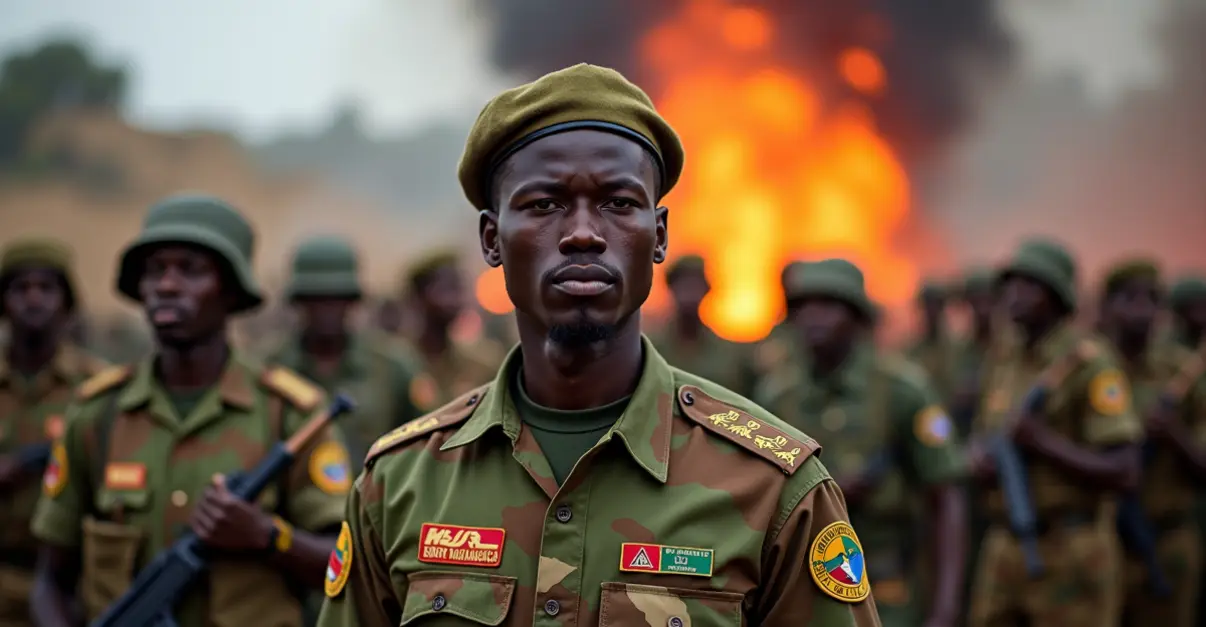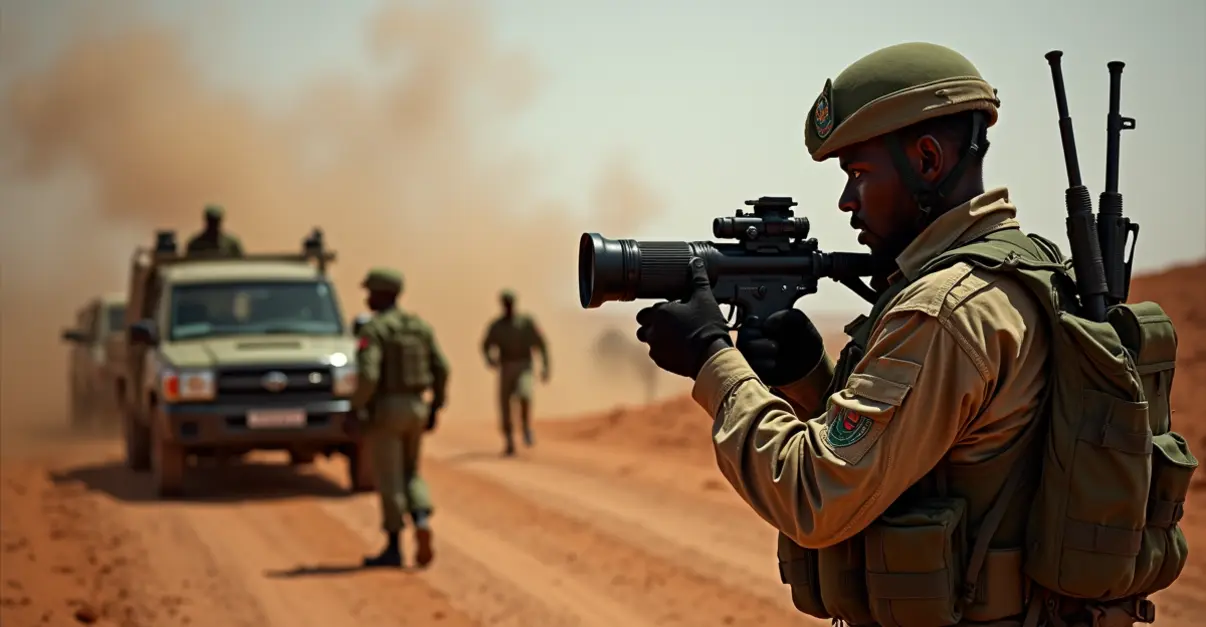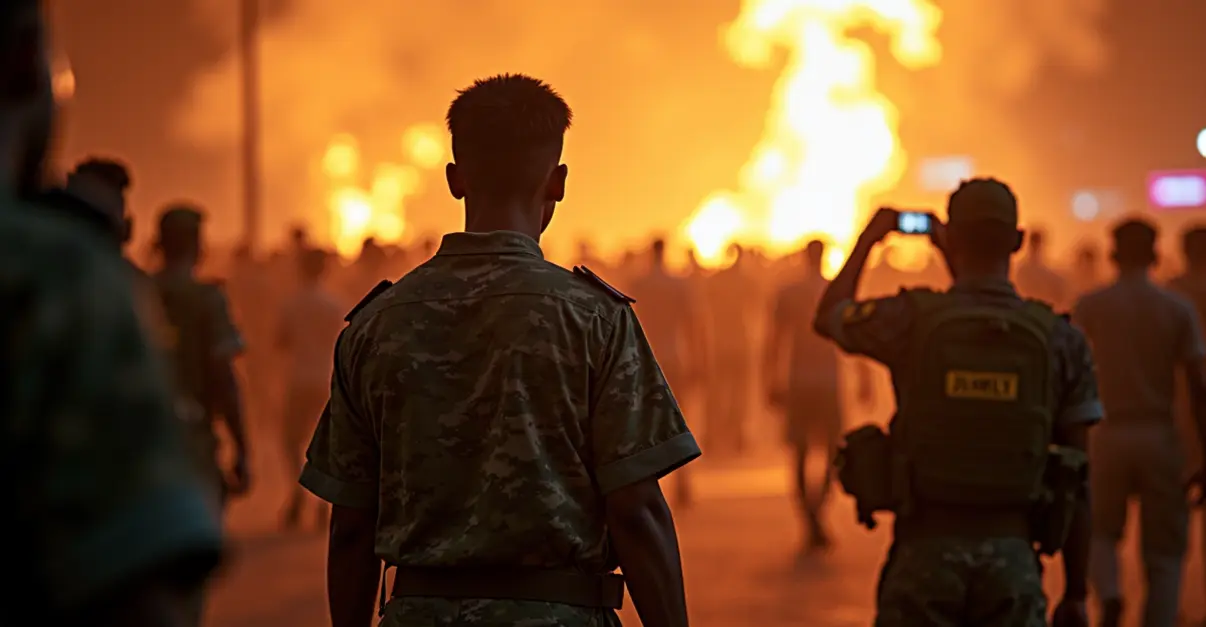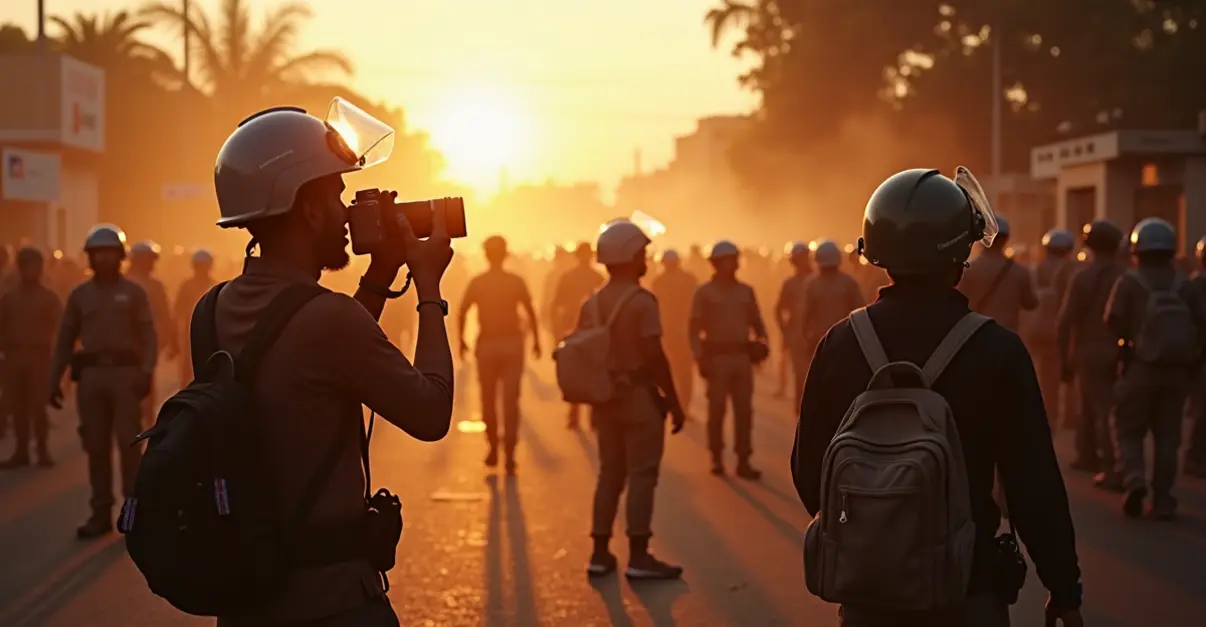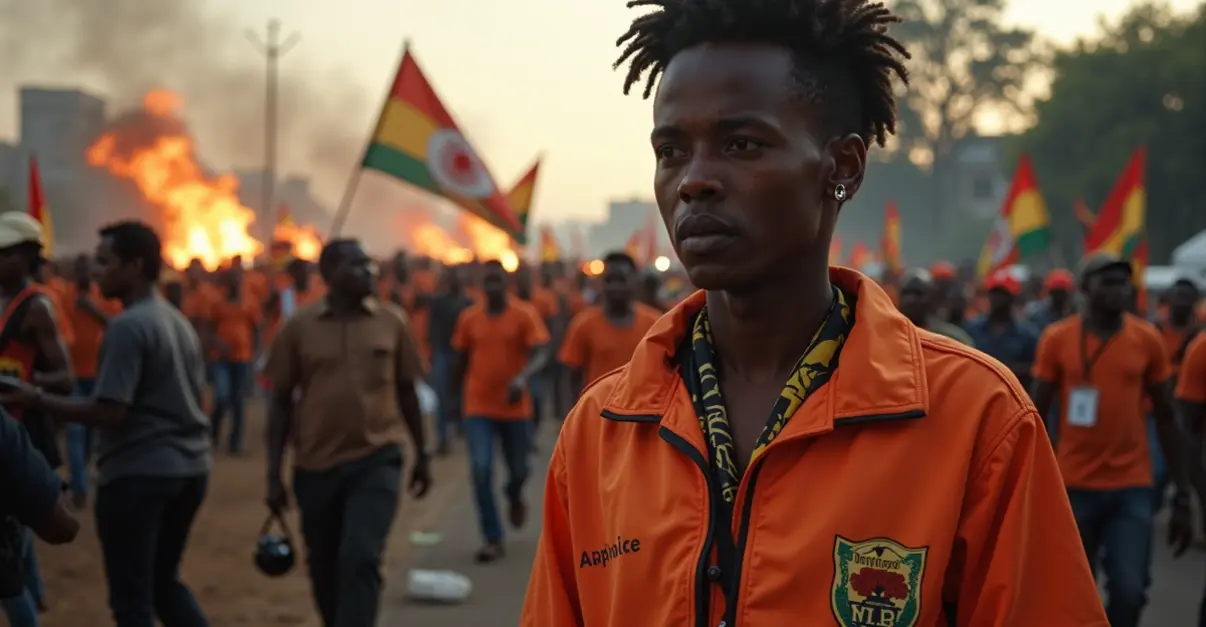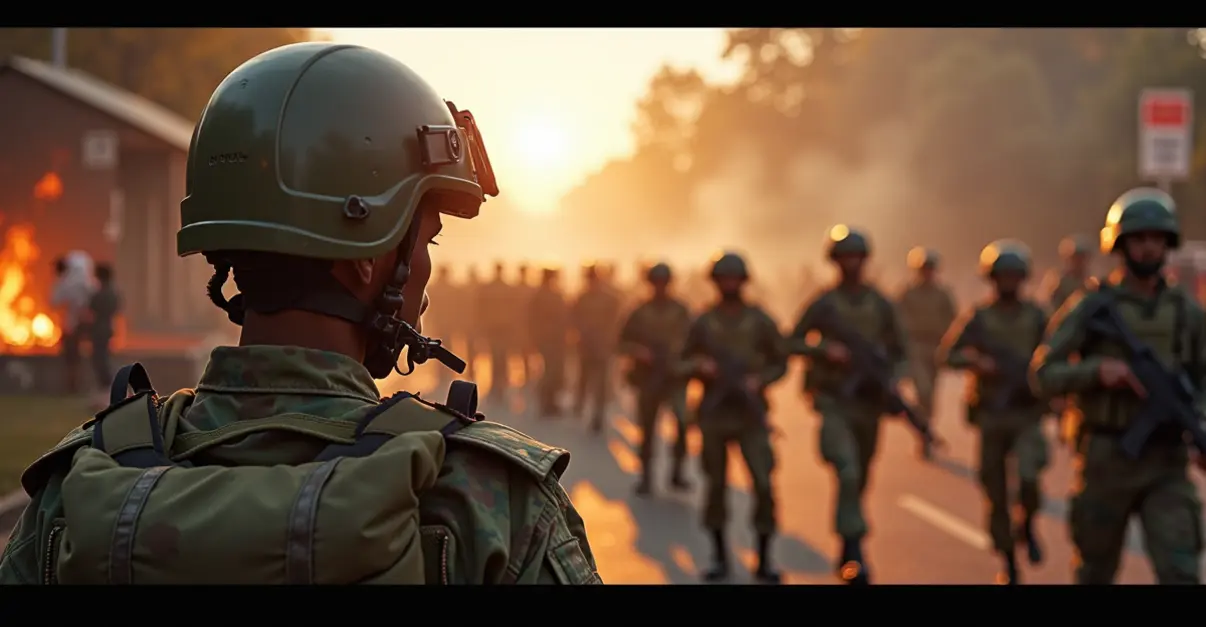Military Takes Power in Madagascar After Weeks of Youth Protests
Colonel Michael Randrianirina has been sworn in as Madagascar's new president following a military takeover that ousted former leader Andry Rajoelina. The ceremony took place at the High Constitutional Court in Antananarivo on October 17, 2025, marking a dramatic political shift in the island nation after weeks of massive youth-led protests.
From Elite Commander to President
Randrianirina, a 48-year-old former commander of the elite CAPSAT army unit, had previously been imprisoned in 2023 for alleged mutiny plans. His rise to power represents a stunning reversal of fortunes. 'Randrianirina is a very unknown man,' said Africa correspondent Elles van Gelder. 'We know that his unit is called CAPSAT and that he gradually became an opponent of the former president of Madagascar.'
The new leader told AP that the military takeover was a step to 'take responsibility as a citizen' and promised that 'the country will be restored to its former glory from now on.' He has announced plans to govern for two years before holding elections.
Youth-Led Revolution
The political transition was triggered by three weeks of massive protests led by Generation Z activists frustrated with poverty, corruption, and failing infrastructure. The demonstrations began over chronic water and electricity shortages but quickly escalated into demands for regime change.
'Actually, he took advantage of the protests of Gen Z youth that we see in many African countries,' van Gelder explained. 'Randrianirina says he is there for the people and that he only seized power to achieve a better Madagascar.'
The protests resulted in at least 22 deaths since September 25, according to Amnesty International, which condemned the 'unlawful and excessive force' used by authorities against peaceful demonstrators.
International Condemnation
The United Nations has condemned the military takeover as 'unconstitutional' and called for the restoration of the rule of law. Madagascar has been suspended from the African Union following the power change.
UN Secretary-General Antonio Guterres expressed concern about the situation, while international diplomats attended the swearing-in ceremony, signaling complex international reactions to the political transition.
Economic Crisis Fuels Unrest
Madagascar remains one of the world's poorest countries, with 75% of its population living below the poverty line of $2.15 per day. The country's economy has struggled since independence, with GDP per capita falling 45% since 1960.
According to RFI, nearly half of children under five suffer from malnutrition, highlighting the dire humanitarian situation that fueled the protests.
Political Reforms Announced
Randrianirina has immediately dissolved key institutions including the Supreme Court and electoral commission, and announced plans for a referendum on a new constitution. 'At the same time, he has immediately dissolved important institutions such as the Supreme Court and the electoral commission,' van Gelder noted. 'He has also said that there must be a referendum on a new constitution. What he exactly has in mind for the country remains unclear.'
The new president promised comprehensive reforms of administrative, socio-economic, and political systems during his swearing-in ceremony, according to BBC reporting.
Regional Pattern of Youth Activism
The Madagascar protests are part of a broader pattern of Generation Z activism across Africa and Asia. Similar youth-led movements have recently emerged in Kenya, Nepal, and Morocco, driven by frustration with corruption, unemployment, and austerity measures.
'There is also still discussion about whether this was a coup or not,' van Gelder observed. 'The president himself fled the country, only then did parliament say they were going to impeach him and the military took over.'
As Madagascar enters this new political chapter, the world watches to see whether the military-led transition will bring the meaningful reforms demanded by the country's youth or follow the pattern of other African nations where military takeovers have failed to deliver lasting change.

 Nederlands
Nederlands
 English
English
 Deutsch
Deutsch
 Français
Français
 Español
Español
 Português
Português
